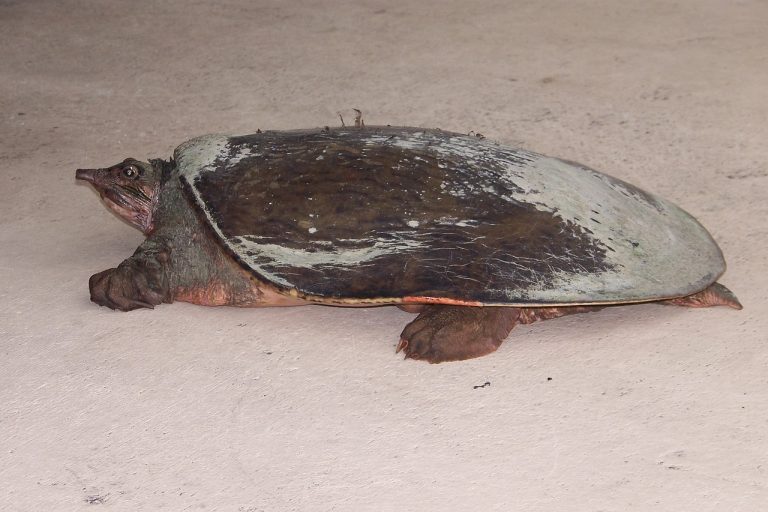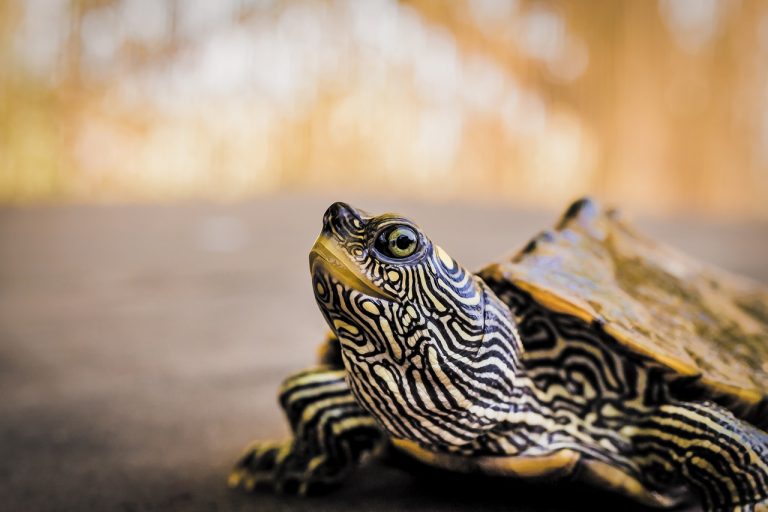Can You Eat Turtle Eggs?
Turtle eggs, along with their meat, are considered a delicacy by many. They’re featured in upscale restaurants worldwide, and reports suggest that coastal tribal communities indulge in turtle meat and eggs during specific spiritual and annual celebrations. But are these eggs truly safe to eat?
Indeed, turtle eggs have been a dietary staple for centuries, boasting a nutritional profile akin to chicken eggs. Tribal islanders even believe in the longevity-boosting properties of turtle eggs, while some restaurants tout their purported ability to enhance libido. However, it’s important to note that these health claims lack scientific backing.
Keep reading to find more details.
Key Takeaways
Turtle eggs are revered as exquisite delicacies worldwide, yet their consumption poses significant threats to their populations. The illegal poaching of turtle eggs detrimentally impacts their numbers, prompting many states to prohibit their trade and consumption. Moreover, indulging in turtle eggs can also pose health risks to consumers.
People Have Been Eating Turtle Eggs For Centuries
Numerous international bloggers and vloggers have documented their experiences trying turtle eggs at the markets in Nicaragua. According to a report by The Intrepid Times, locals believe that consuming turtle eggs can boost their libido. However, it’s important to note that there is no scientific evidence to support this claim.
Vice reporter Clarissa Wei, during her visit to the Nicaragua market, was taken aback by the high demand for turtle eggs in the area. Despite the ban on selling sea turtle meat and eggs in Nicaragua, she observed that people paid little heed to these regulations.
Habitants of Nicaragua believe that eating turtle eggs is a tradition. Of course, culture always comes first.
The Onondaga Iroquois people traditionally include map turtle, wood turtle, and sea turtle meat and eggs in their diet. Similarly, Tobi and Sonsorol islanders have long enjoyed consuming these reptile eggs. However, in recent times, they have collaborated with authorities to prohibit the consumption of turtle meat or eggs.
Many tribes hold the belief that turtle eggs act as aphrodisiacs, promoting longevity. Despite the lack of substantial evidence supporting this notion, it remains deeply ingrained in their cultural beliefs, making it challenging to change perceptions.
In the Maldives, a destination cherished by many, there’s an ongoing struggle to safeguard their sea turtle conservatory. Unfortunately, the theft and trade of sea turtle eggs are widespread and well-known. Strikingly, the demand for turtle eggs is notably elevated among tourists.
Various countries, including Japan, China, Korea, and Thailand, have established farms dedicated to harvesting both turtle meat and eggs. This surge in interest in the illegal turtle dish has contributed to the development of such ventures.
Such events just prove one thing. People can eat turtle eggs and have been consuming them for centuries.
People Eat Turtle Eggs Because Of These 4 Reasons
What’s the fascination with turtle eggs or meat? I recently came across an article where the writer attended a fair and sampled snapping turtle eggs, fully aware of their illegal status.
After pondering this question, I could only come up with a few reasons:
- Protein Source: Turtle eggs provide a decent amount of protein, making them appealing to individuals seeking variety in their diet, including gym enthusiasts.
- Mineral Rich: Laboratory tests indicate that turtle eggs are packed with amino acids, minerals, and DHA. Amino acids aid in tissue repair, while DHA supports eye and brain health.
- Alleged Libido Boost: Some believe turtle eggs possess aphrodisiac properties, although there’s no scientific evidence to support this claim.
- The Forbidden Fruit: Humans have a natural curiosity for forbidden items. The taboo surrounding turtle eggs only seems to increase their allure, despite the possibility that they might not taste as appealing as anticipated.
Eating Turtle Eggs Poses Health Hazard Says Experts
Believe me, restaurant owners will spin tales about the incredible virtues of turtle eggs to drive up sales. However, the reality is far from rosy, as consuming these eggs can lead to severe health complications.
A biology lecturer at UMT has issued a warning, urging people to steer clear of both turtle eggs and meat. He highlights that these items are laden with heavy metals, which can contribute to kidney disease and liver cancer.
Moreover, both the meat and eggs are susceptible to contamination by bacteria and parasites. Consequently, indulging in these seemingly exquisite dishes is a surefire way to fall ill quickly.
You Should Not Eat Turtle Eggs
I won’t delve into the debate about the taste or nutritional value of turtle eggs, as that’s a separate discussion. Instead, I simply urge everyone to refrain from consuming turtle eggs or meat, regardless of their perceived attributes.
Why? Well, it’s essential to consider the conservation aspect. Many freshwater turtle species are currently teetering on the brink of extinction. Therefore, abstaining from consuming turtle products in any form can help contribute to the preservation of these vulnerable species.
The findings of a recent survey reveal a troubling reality: over half of the 376 known turtle species are currently endangered. Continuously consuming these reptiles puts them at risk of declining populations sooner than anticipated.
While freshwater turtles may have some degree of protection, the situation is dire for sea turtles. Their nests are exploited, and eggs are poached at an alarming rate.
Consider this startling fact: only 1% of turtle eggs reach adulthood. If we continue to destroy eggs before they have a chance to hatch, we will inevitably witness a drastic reduction in sea turtle populations. The prospect of extinction looms ever closer for these magnificent creatures.
Now is the moment for us to shoulder the responsibility of safeguarding the marine turtle population. Let’s make a conscious decision to abstain from consuming sea turtle meat or eggs and urge our peers to do the same. While raising awareness may appear insignificant in the present, its long-term effects will shield us from the calamity of marine turtle extinction.
Furthermore, it’s crucial to note that collecting, trading, or consuming turtle eggs is prohibited in numerous states and countries. Those caught engaging in such activities may face substantial fines or even imprisonment for several months. Therefore, it’s not worth risking everything simply to gratify our taste buds.
Conclusion
Muslim brothers frequently find themselves puzzled regarding the permissibility of consuming turtle eggs in Islam.
![Do Turtles Bring Good Luck? [Feng Shui Turtles]](https://spreadhapiness.com/wp-content/uploads/2024/03/feng-1-768x512.jpg)




![What Human Foods Can Turtles Eat? [Food Chart]](https://spreadhapiness.com/wp-content/uploads/2024/03/eating-1-768x511.jpg)